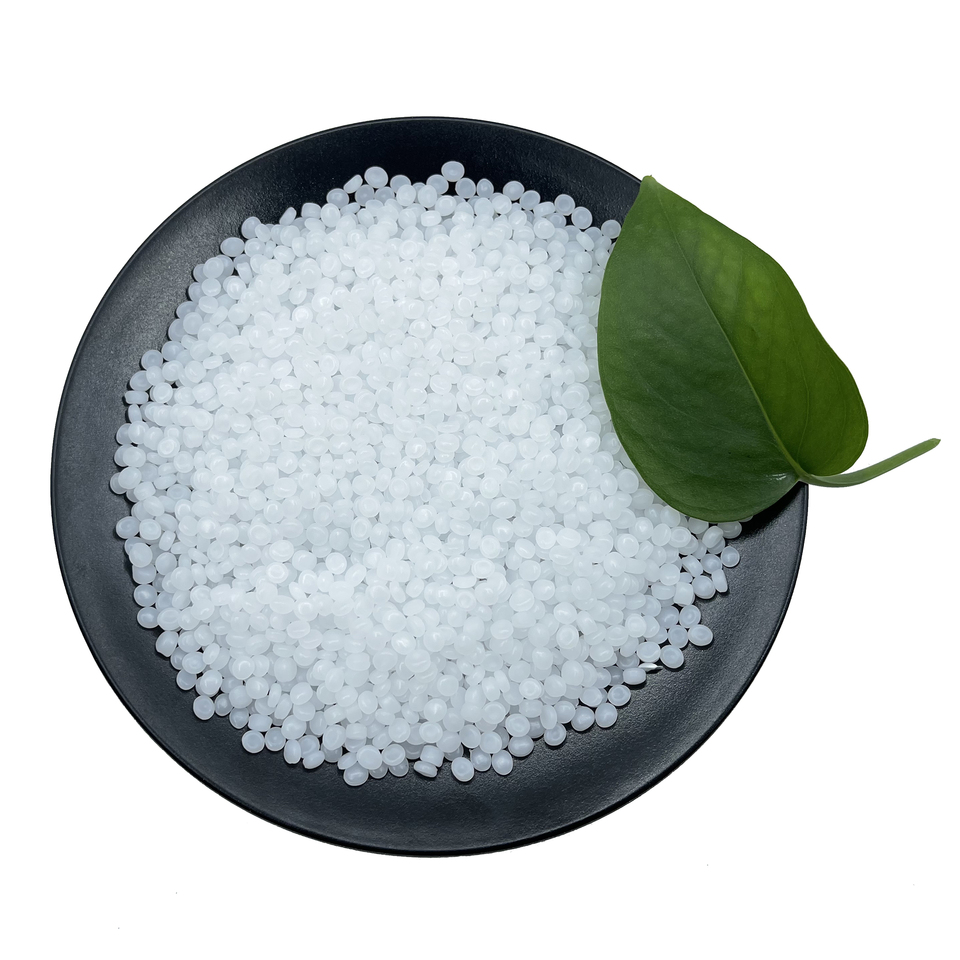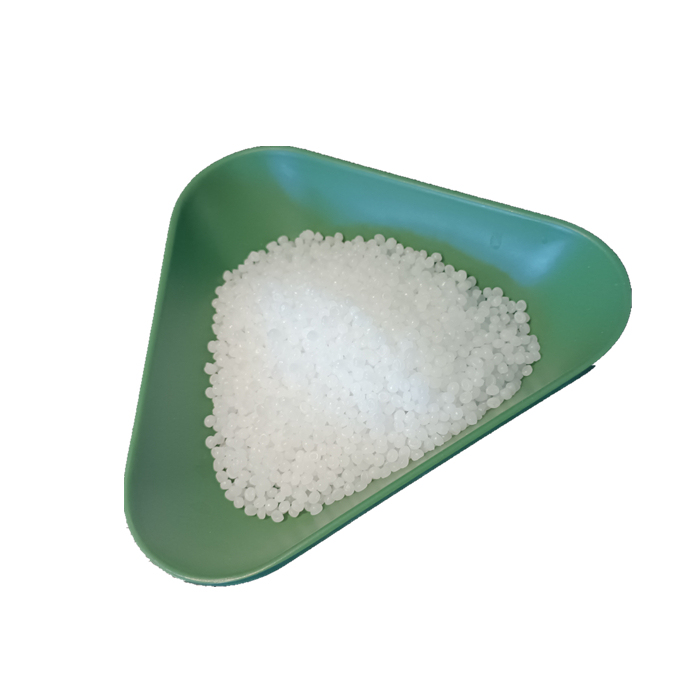
# We sell plastic raw material # Modified Polypropylene Resins
Product Application

• Agriculture, fishing and food industry
Polypropylene can be used to make greenhouse awnings, mulch, culture bottles, agricultural tools, fish nets, etc., and to make food crates, food bags, beverage packaging bottles, etc. Multifunctional waste PET is made by reactive blending with waste PET (polyethylene terephthalate), and in-situ fiber-forming composites are made by laminating multifunctional waste PET with polypropylene in-situ fiber-forming. The composite material has structural features such as the formation of shaped microfibers from waste PET and the formation of moderately flexible and strong bonding interface between waste PET microfibers and PP matrix resin, and the toughness and rigidity of the in-situ fiber composite material prepared by the composite of waste PET and PP are significantly higher than that of PP, and the reproducibility of mechanical properties is quite good. It has significant economic and social benefits to resource the large amount of waste, i.e. waste PET, produced in China every year.
The eastern coastal area of China, with its vast marine mudflats, has typical saline soil characteristics. There is a study of polyacrylamide (PAM) in synergy with three forage grasses to implement soil and water conservation in coastal saline soil areas. The application of PAM under biological measures has a good promotion effect on the improvement of soil erosion resistance of all three forage grasses. Application of PAM can reduce soil erosion and enhance rainwater retention; priority is given to low dose (1g/m), which has the highest soil and water conservation benefit per unit mass of PAM, can reduce annual erosion by 42.8%~46.7%, can inhibit total soil take-off by 28.7%~40.4%, increase soil water dissipation by 5.0%~12.4%, reduce water dissipation rate by 1.83%~ 3.25%, promoting the rise of soil water holding capacity; in the early stage of forage growth. The synergistic effect of PAM was beneficial to inhibit the production of soil water loss and enhance the water retention capacity of rainwater.
If you need high quality Modified Polypropylene Resins, please feel free to contact us.
If you need other plastic&rubber raw material, please transfer to our Product Page and find it!
Hot Tags: modified polypropylene resins, China modified polypropylene resins manufacturers, suppliers, factory


















